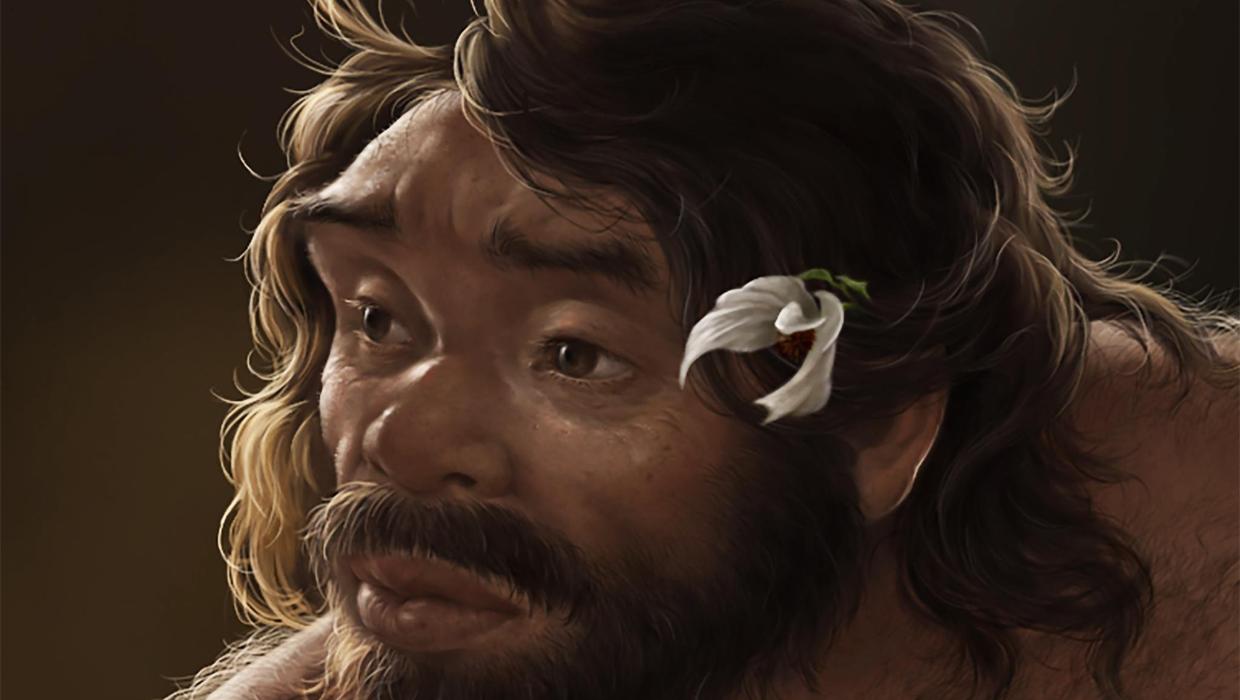Science
Fossilised Skull Challenges Human Evolution Timeline

A newly discovered fossilized skull is prompting scientists to reevaluate the timeline of human evolution, suggesting that modern humans may be much older than previously believed. This finding could have significant implications for our understanding of the origins of our species and the evolutionary processes that shaped us.
Researchers from the University of California unearthed the skull in a region of Africa known for its rich archaeological history. The skull is estimated to be around 2 million years old, which raises questions about the long-accepted view that anatomically modern humans emerged approximately 300,000 years ago. This discovery challenges established theories and may indicate that our species has a more intricate evolutionary path than previously thought.
The fossilized skull exhibits unique features that suggest it belongs to an ancient species closely related to modern humans. According to lead researcher Dr. James Miller, “This skull provides invaluable insights into the morphology of early hominins and their potential connection to our lineage.” The findings were published in the journal Nature, highlighting the importance of ongoing research in the field of paleoanthropology.
As scientists continue to analyze the skull, they are considering the implications of its age on the broader narrative of human evolution. The discovery not only adds depth to our understanding of human ancestry but also raises questions about the geographical and environmental factors that influenced our development as a species.
The implications of such findings extend beyond academic interests. Understanding the timeline of human evolution can inform contemporary discussions about human diversity, migration patterns, and adaptation. As the researchers delve deeper into the study of the fossil, they aim to uncover more about the lifestyle and habitat of this ancient species, further enriching our knowledge of early human life.
In light of this discovery, it is becoming increasingly clear that the journey of human evolution is far more complex than a straightforward timeline. The fossilized skull serves as a reminder of the dynamic nature of scientific inquiry and the need to remain open to new evidence that may reshape our understanding of humanity’s past.
As further research unfolds, experts are keen to explore how this finding fits into the broader context of human evolution. The quest for answers continues, driven by the desire to illuminate the intricate tapestry of our species’ origins. Scientists remain hopeful that ongoing excavations and studies will yield additional fossils and artifacts that can provide further clarity on this captivating subject, allowing us to piece together the puzzle of human history.
-

 World1 week ago
World1 week agoPrivate Funeral Held for Dean Field and His Three Children
-

 Top Stories2 weeks ago
Top Stories2 weeks agoFuneral Planned for Field Siblings After Tragic House Fire
-

 Sports3 months ago
Sports3 months agoNetball New Zealand Stands Down Dame Noeline Taurua for Series
-

 Entertainment3 months ago
Entertainment3 months agoTributes Pour In for Lachlan Rofe, Reality Star, Dead at 47
-

 Entertainment2 months ago
Entertainment2 months agoNew ‘Maverick’ Chaser Joins Beat the Chasers Season Finale
-

 Sports3 months ago
Sports3 months agoSilver Ferns Legend Laura Langman Criticizes Team’s Attitude
-

 Sports1 month ago
Sports1 month agoEli Katoa Rushed to Hospital After Sideline Incident During Match
-

 World2 weeks ago
World2 weeks agoInvestigation Underway in Tragic Sanson House Fire Involving Family
-

 Politics2 months ago
Politics2 months agoNetball NZ Calls for Respect Amid Dame Taurua’s Standoff
-

 Top Stories2 weeks ago
Top Stories2 weeks agoShock and Grief Follow Tragic Family Deaths in New Zealand
-

 Entertainment3 months ago
Entertainment3 months agoKhloe Kardashian Embraces Innovative Stem Cell Therapy in Mexico
-

 World4 months ago
World4 months agoPolice Arrest Multiple Individuals During Funeral for Zain Taikato-Fox





















